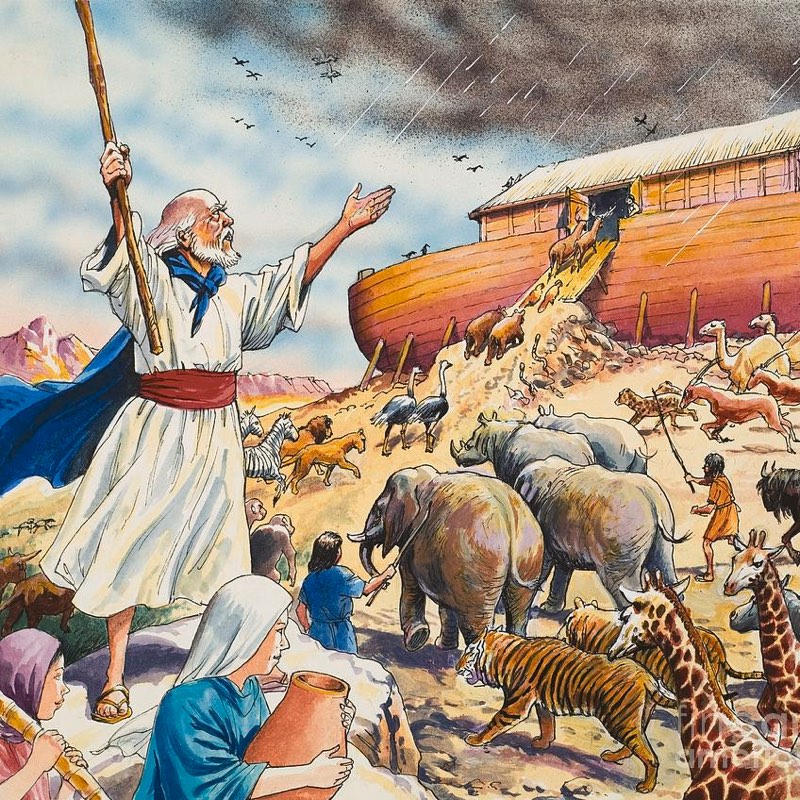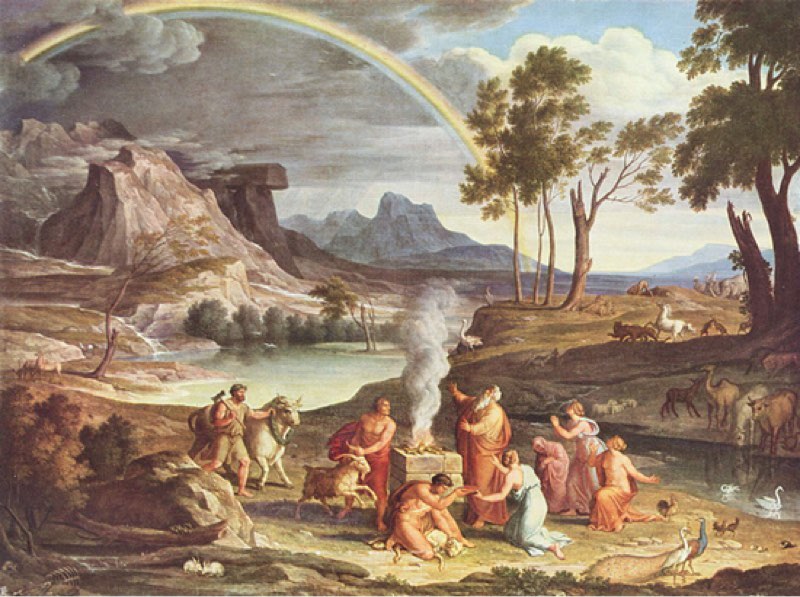What is Noah's status in Islam?
Is Noah revered by Muslims in the same way as Abraham, Moses, David, and Jesus? What is Noah's status in Islam?
In Islam, Noah is indeed revered as a significant prophet and messenger of God. He is one of the "Ulul Azm" prophets, a term used to describe those prophets who were endowed with determination and steadfastness on their mission. Noah's narrative is particularly important as it includes the account of the Great Flood and the Ark, symbolizing the divine punishment for disbelief and the reward for faith and obedience.
Noah's mission was to warn his people against idolatry and to urge them to worship only God and lead righteous lives. Despite his efforts, his people refused to abandon their ways, which led to the Deluge. Noah's dedication and perseverance in his mission are highly regarded, and his story serves as a lesson in patience, faith, and trust in God's will.
In the Quran, Noah is praised by God, which underscores his esteemed status among the prophets. For instance, in Surah 37, verses 75 to 79, it is mentioned, "Indeed, Noah cried out to Us, and how excellent are We in responding! We delivered him and his family from the great distress, and made his descendants the sole survivors. And We blessed him with honourable mention among later generations: 'Peace be upon Noah among all peoples.'" This reflects the respect and honor accorded to Noah in Islamic tradition.
Thus, Noah holds a status in Islam that is comparable to other revered prophets like Abraham, Moses, David, and Jesus, all of whom are considered exemplary figures of faith and righteousness.



